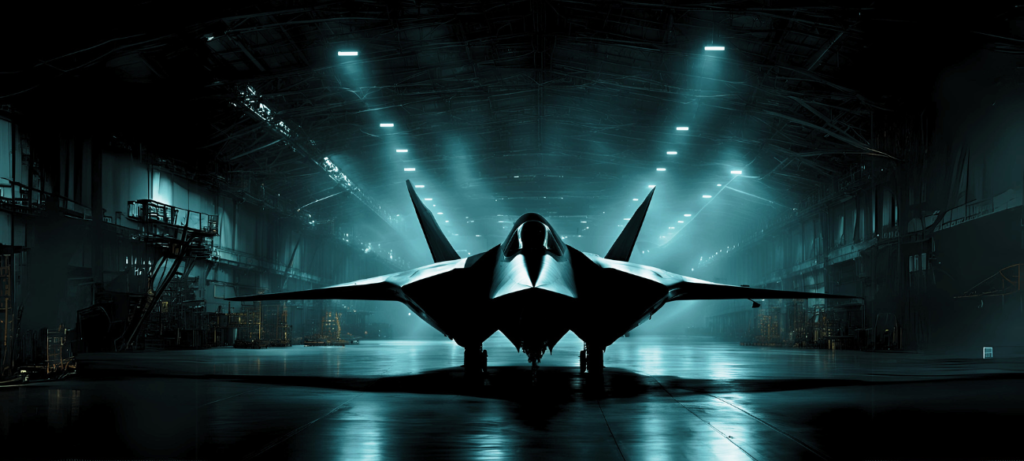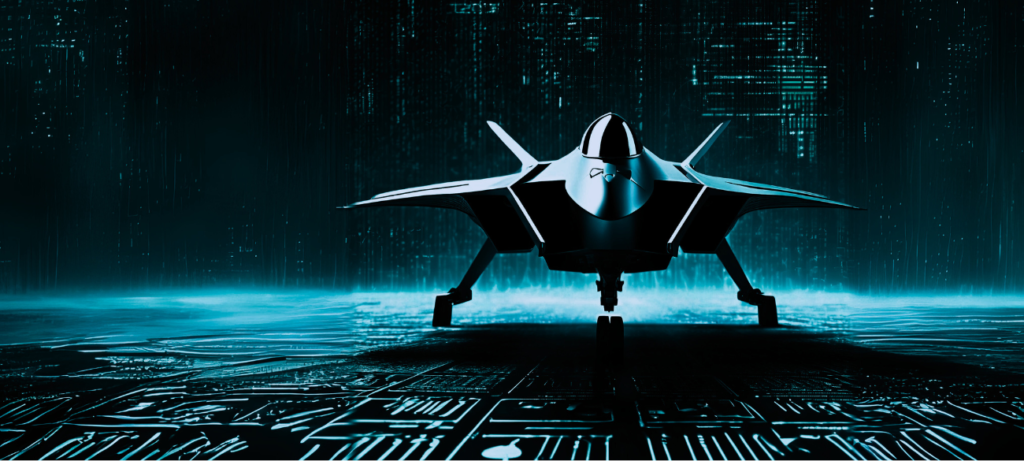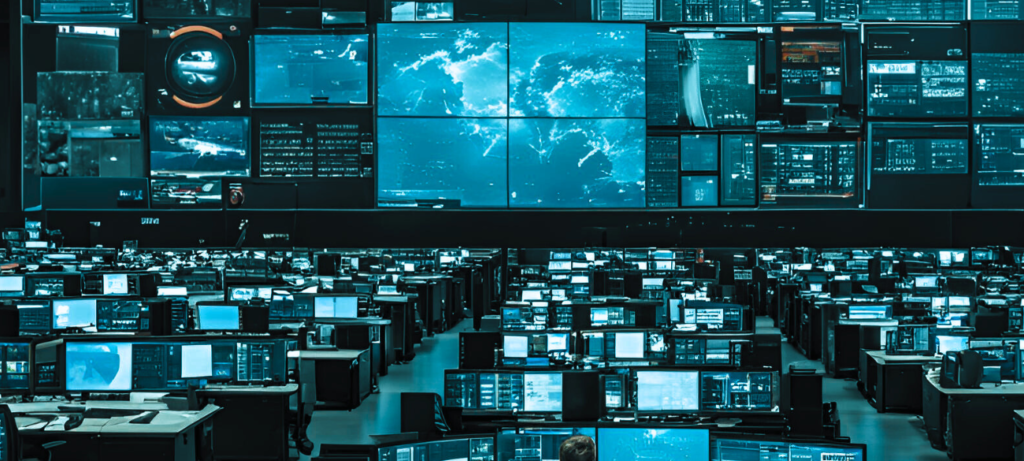In the future threat environment, air superiority will be challenged by rapid advancements in weapons systems and automation. Traditional approaches to the design of air power are becoming obsolete, and necessitate a shift toward low-footprint “kill webs” that promise enhanced agility. Non-kinetic capabilities, particularly electronic warfare and AI-enabled multi-domain integration, will prove decsivie for air forces to outmaneuver adversaries in future warfare.
Future Warfare
AI is transforming military decision-making, enabling faster and more adaptive responses. “Super OODA Loops” herald a shift from the human-centric to AI-augmented operations, which promise to fundamentally reshape air superiority, air defense, and training models. However, the challenges of cognitive overload, cybersecurity risks, and ethical concerns need to be addressed as AI reshapes air power doctrine.

Dr. Michael Raska, Assistant Professor, S. Rajaratnam School of International Studies, Nanyang Technological University, Singapore
Drones are revolutionizing air power, offering cost-effective, low-altitude solutions that enhance speed, range, and lethality. The expanding use of drones also necessitates robust new countermeasures that can be integrated into legacy defense systems. Recent conflicts highlight the growing future role for affordable drone technology and counter-drone capabilities, highlighting their potential as force multipliers but also raising ethical, and legal concerns.

Dr. Neil Renic Researcher, Center for Military Studies, University of Copenhagen, Denmark
Johan Christensen, Research Assistant, Center for Military Studies, University of Copenhagen, Denmark
The new American joint warfighting concept intends to optimize the synergy of effects that accrues from operating in an integrated fashion across all domains and the electromagnetic spectrum. To be successful, a new battle command architecture and command and control (C2) paradigm that enables automatic linking and the transfer of data securely, reliably, and seamlessly is essential.

David A. Deptula, Lieutenant General (Ret.), United States Air Force, Dean, Mitchell Institute of Aerospace Studies, United States
As operational landscapes evolve, militaries recognize the urgent need to harness the potential of artificial intelligence (AI) for adaptable capabilities. Introducing the concept of the “defense metaverse,” this approach constructs a dynamic digital twin of the battlespace, integrating AI and sophisticated models to refine tactical concepts. Highlighting successes like the GhostPlay project, it emphasizes prioritizing experimentation, training, and infrastructure to optimize AI-driven military capabilities.

Heiko Borchert, Co-Director, Defense AI Observatory, Germany
Torben Schütz, Research Fellow, Defense AI Observatory, Germany
Building upon Peter Singer’s assertion that humankind is losing its monopoly on fighting war, the growing impact of AI in air power is explored, highlighting applications such as fully autonomous systems, virtual co-pilots, loyal wingmen, drone swarms, and autonomous decoys. These advancements enhance combat capabilities, cost-efficiency, and survivability, despite ethical concerns.

Professor Ron Matthews, Tawazun Chair in Defense and Security Capability, Rabdan Academy, UAE, and Visiting Professor in Defense Economics, UK Defense Academy
The Israel Defense Forces (IDF) are undergoing a strategic transformation, integrating branches into a unified digital architecture driven by AI. The Momentum program enhances real-time intelligence-sharing and interactions, harnessing big data’s potential. AI promises exponential gains for the IDF’s future warfare paradigm.

Yaakov Lappin, Research Associate, Begin-Sadat Center for Strategic Studies, Israel
The Joint Force has experienced rapidly changing circumstances in the information warfare (IW) environment. The objective of achieving dominance poses new and complex challenges in an emerging environment of hyper-connectivity that spans the physical and virtual domains. IW must become embedded in all activities from the onset of planning—not ‘added on’ at the end or planned in isolation.

Dr. Edwin “Leigh” Armistead, Chief Editor, Journal of Information Warfare, United States
- Cyber, Future Warfare, IW, MDO
Information warfare has tended to refer to cognitive aspects, but emerging discussions focus on the ‘convergence’ of electronic warfare and cyberspace in what is known as cyber electromagnetic activities. A hyper-connected battlespace may increase the attack surface for information warfare across the physical, electromagnetic, cyberspace, and cognitive domains.









